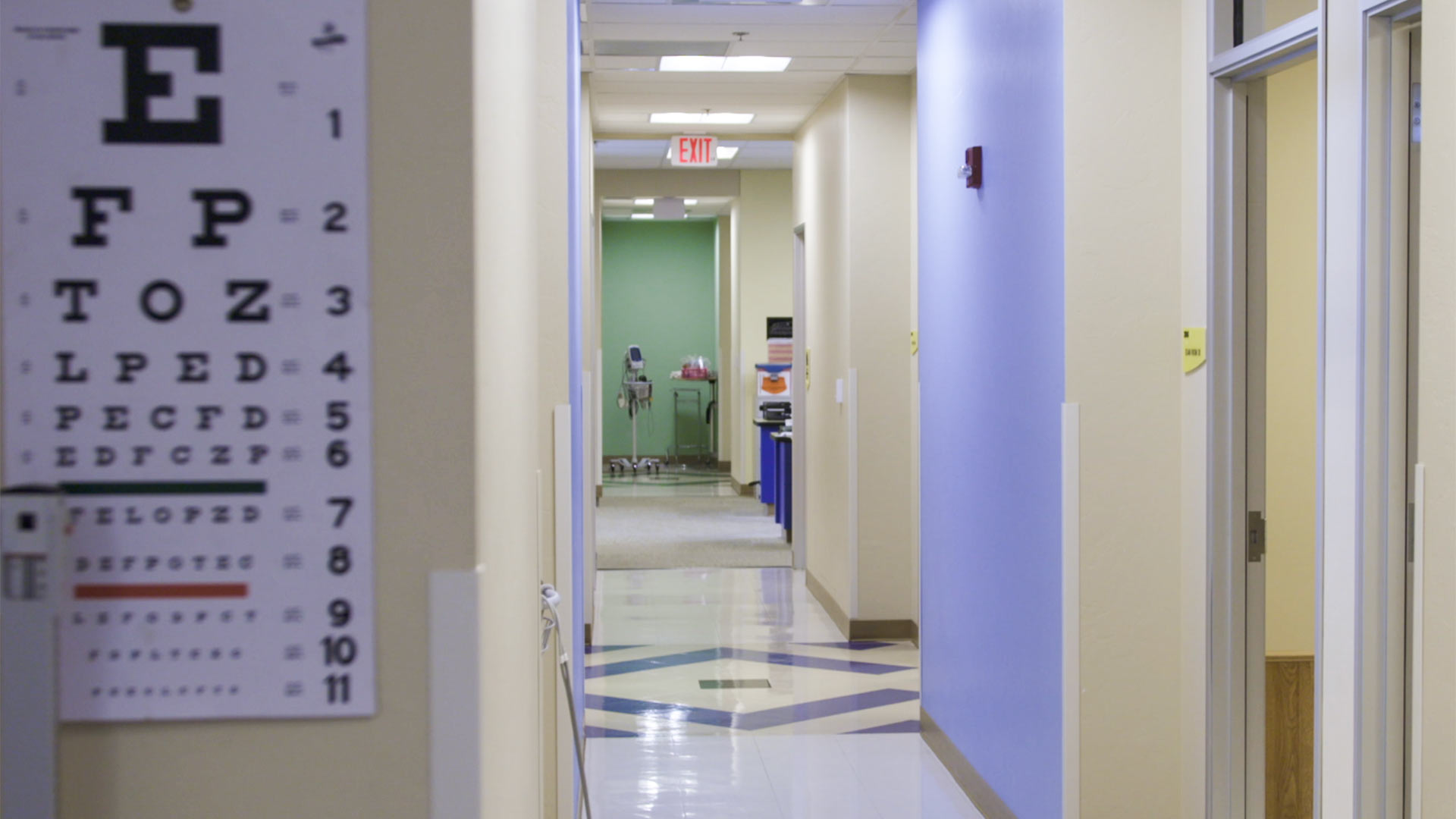 An eye exam hangs on the wall of a health clinic.
An eye exam hangs on the wall of a health clinic.
U.S. representatives from Arizona, New Mexico and Kansas introduced legislation last week to support caregiving services for Native American senior citizens.
If passed, the Tribal Elder Care Improvement Act aims to bring more health services to rural tribal communities and fund support services for family caregivers across fiscal years 2020 to 2024. Arizona Democratic Rep. Tom O'Halleran, the sponsor of the bill, said the act could significantly expand the reach of services provided on tribal lands and address high rates of disease.
"When you have such prevalent diseases, such as diabetes and heart health, in these remote locations, we have to be able to get something accomplished to preserve the life expectancy of people that are in real need," O'Halleran said.
According to the Centers for Disease Control and Prevention, Native Americans, more than any other agency-defined racial group in the United States, have the highest susceptibility to diabetes. It also cites heart disease as the leading cause of death for Indigenous Americans.
Tribal agencies could apply for grant funds to support services such as in-home care, transportation, wellness programs or legal services. The grant would also incorporate case management for senior citizens.
O'Halleran said the act could reduce some of the medical barriers Indigenous communities face, like cutting travel time.
"We have elders that are three hours from the nearest services that are provided, so this ability to get this done and accomplished, it would be a dramatic increase [in services]," O'Halleran said.
He said funding in-home care will save more money than transporting multiple caregivers and patients to medical facilities for care.
O'Halleran said the act would provide more than $5.3 million in 2020 to expand health and nutrition services, and it will increase by another $43.3 million by 2024. He said agencies would be awarded grants based on need.
The act also includes a separate grant that would provide $2.7 million for the Native American Caregiver Support Program in 2020 that would increase to $13.6 million by 2024, said O'Halleran.

By submitting your comments, you hereby give AZPM the right to post your comments and potentially use them in any other form of media operated by this institution.